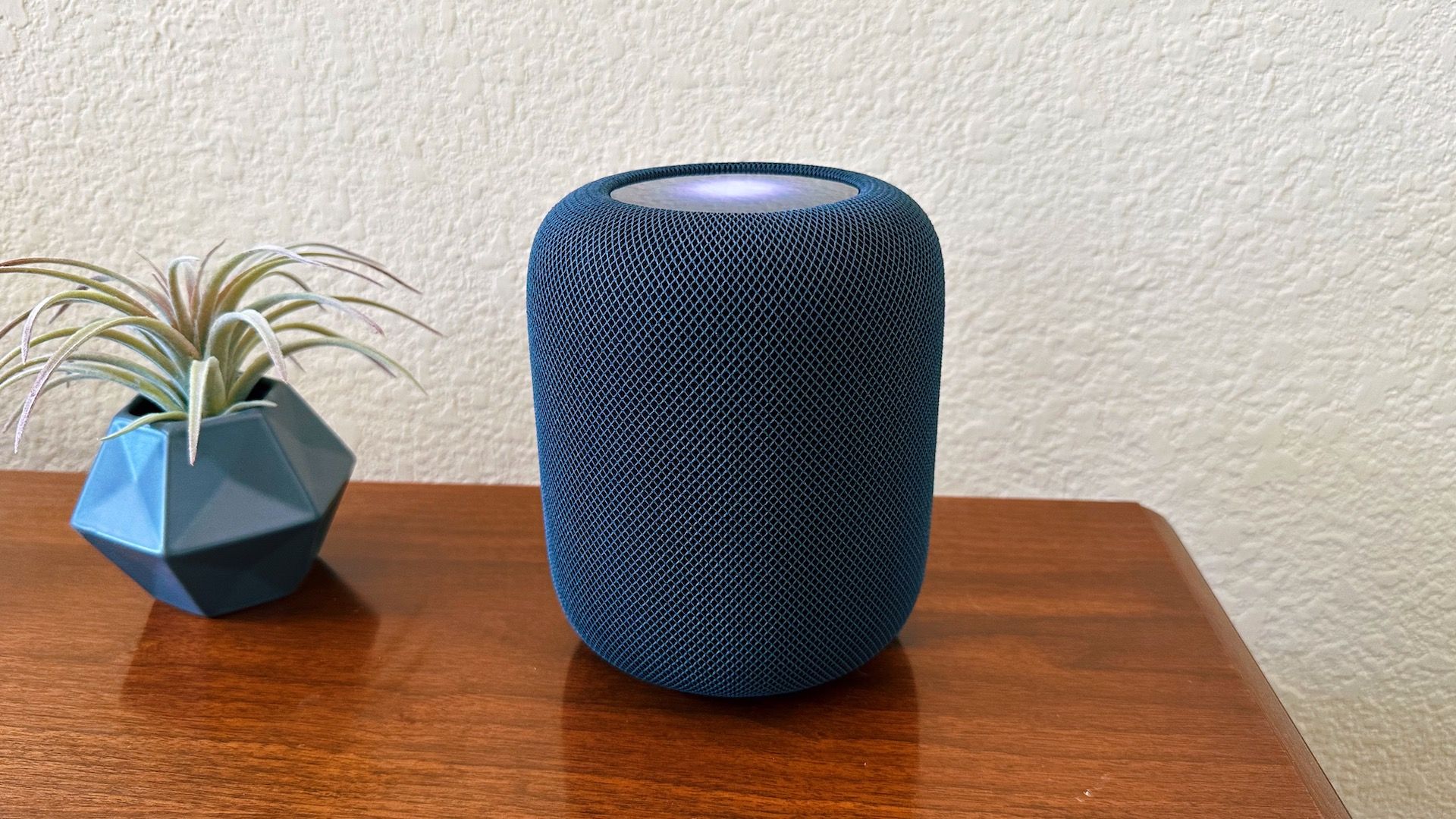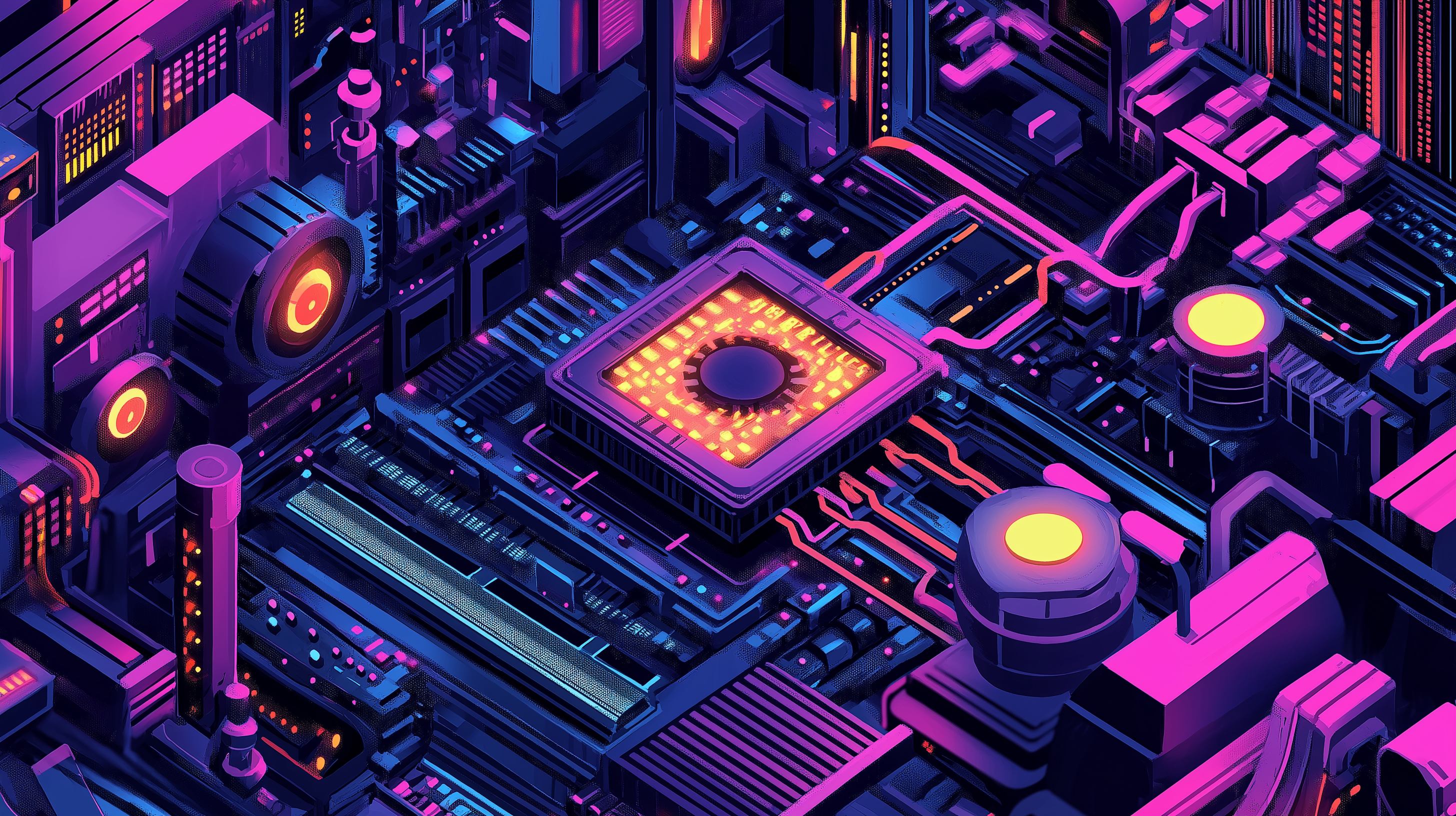Important information
- Most smart home technology relies on an internet connection for functionality.
- The smart home system of the future will have local AI tools for autonomous operation.
- Home AI offers endless benefits, from privacy to personalized problem solving.
So you have a “smart” home, but if the internet goes down it becomes as dumb as a bag of rocks. That’s because the “brains” of the system reside somewhere in the data center, but the latest hardware trends and improved processing power mean you can have a smart mind in your home. , where it is.
Most “Smart” Home Tech Requires Internet
If you have smart speakers, smart cameras, or any number of different smart devices in your home, you probably control them using a smart home assistant like Alexa or Siri. Alternatively, you may choose to use the app interface, or create automations. No matter how you control, manage and monitor your smart home, it all requires some form of remote connection.
Although there are some exceptions, such as Hubitat and home-assistant.io, the common home solutions powered by the big tech giants always seem to require a home phone for most of their functions.
Nothing we have comes close to Jarvis’ Fantasy
There are many pop culture references I could point to when it comes to who the “ideal” home helper is, but Jarvis from the first Iron Man The movie is definitely one of the most popular. Jarvis is always there, listening to anything his owner may ask for, and doing things before he asks.
While companies like Google and Open AI have solutions running in their data centers that can approximate this, a real-world “Jarvis” wouldn’t live on some remote server. somewhere, but on the local computer system. As you can imagine, this requires more computing power than would be possible for any kind of cheap home system, but that won’t be true for long.
Local AI Hardware Will Be a Big Job Soon
Whether its neural processors in laptops, iPhones, or any number of smart devices, it’s clear that using modern artificial intelligence software with specialized tools will be a thing common recently. Currently, this will allow you to use something like Siri even when there is no internet connection. It’s a big step up when all you want to do is turn on the lights or skip a song on our smart speaker system, but you can’t because there’s a connection or server problem.
Apart from local voice recognition and speech processing, there are now many examples of full LLM (think ChatGPT) that can be available in a local form, offline. The hardware requirements are still high, but with this down, don’t be surprised if the “brain” of your smart home is safely inside the walls of your home one day.
This offline intelligence doesn’t have to be in just one box. I expect that every smart device will eventually have some form of neural processing hardware, which can all work together. For example, a security camera might have a home AI intelligence to know if someone is injured, if there is a fire, or if there is a home invasion. A central assistant who coordinates everything can work on that alarm and call the police or an ambulance, if necessary. Ditto for things like smart fridges that store their content. Each device will only need enough smarts to know when to call the attention of the main assistant.
Home AI Has Endless Benefits for Smart Homes
Now, the dream of a truly intelligent, independent, local home helper has yet to come true, but it’s not hard to see which way the wind is blowing. Even if it is not in the interest of the big players like Apple and Google to cut the puppet strings completely, the necessary software is already open source. So, as long as there is hardware that can do the math, someone will have an AI home automation assistant that can work on it.
What is perhaps most exciting is that, like using the latest versions of ChatGPT, these assistants can solve basic problems and learn in detail how your family works, how people to you how they like to do their jobs, and what you need before you start. should ask. In addition to having all this work without relying on external services, it will also mean storing this private information about your home from data centers somewhere. So, in terms of privacy alone, this is something that I believe many people will appreciate.
There’s also a simultaneous shift in robotics, which doesn’t get as much media attention as artificial intelligence and its close cousins, but will keep pace with intelligence. home automation for home automation. Giving your home helper eyes, ears and hands so they can be even better. This all still sounds like science fiction, but money is no object, the necessary technology already exists, and I can’t wait to see it all come together.
#Offline #Home #Assistants #Important #Home #Technology

